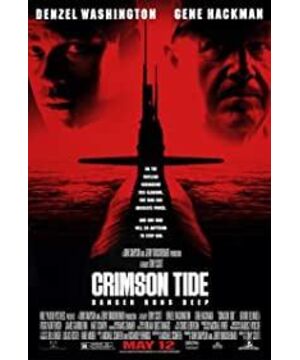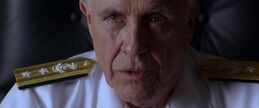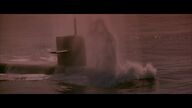"Red Tide Storm" - 7.8
Movies don't really have the opposite angle. The old captain and the deputy captain are very different in character and style of doing things, but the deputy captain is recruited by the old captain when the submarine is in urgent need of manpower. The captain agrees. The reason why the old captain of the movie "Anti-Angle" is so stubborn is only because his seniority is too deep, so he is too arrogant. He thinks that based on his own intuition and his own experience, the decision he makes will definitely be correct. of. However, the old captain is not a person who does not distinguish between right and wrong. Even his loyal subordinates who later organized a "reaction" to "rescue" the old captain were only loyal to the decision made by the old captain. The main theme in the play is whether to launch nuclear weapons on the enemy when the superior information is not completely credible, and at the same time, the enemy may also face the enemy's missile attack. The deputy captain advocated that the decision should be made after confirming the information, while the old captain believed that in a war, despite the incomplete information and orders from the superior, he should make a decisive decision and launch an attack on the enemy to gain the initiative. The film is based on the drama of the deputy captain. In favor of launching nuclear weapons, it is necessary to pass clear instructions, otherwise a nuclear war will be triggered, life will be ruined, and the world will fall into disaster. The story of the movie is adapted as a real case, and history has proved the vice-captain right. After this incident, the United States also revised the launch power of nuclear weapons, and only the President of the United States has the sole control of nuclear weapons.
View more about Crimson Tide reviews











